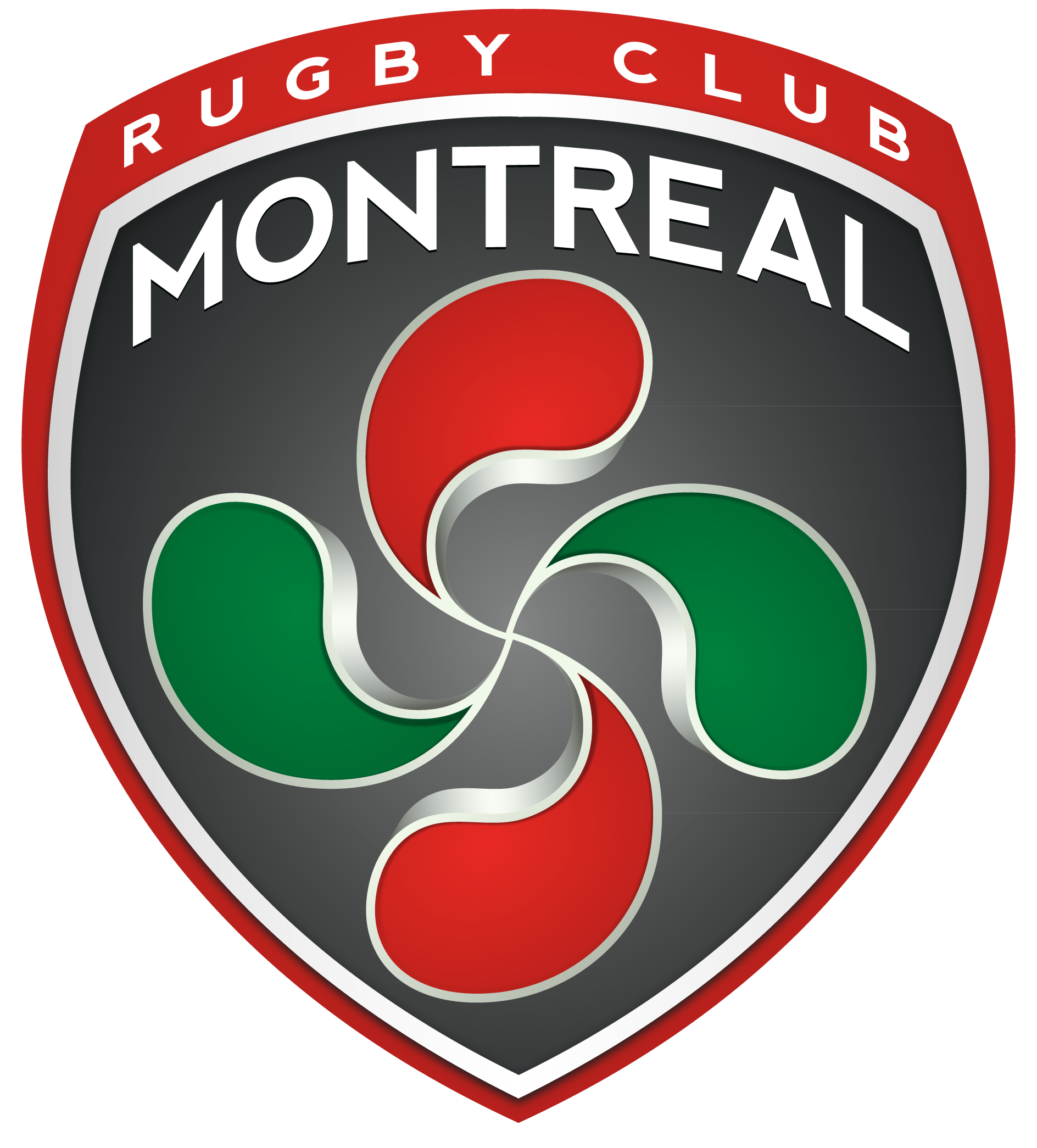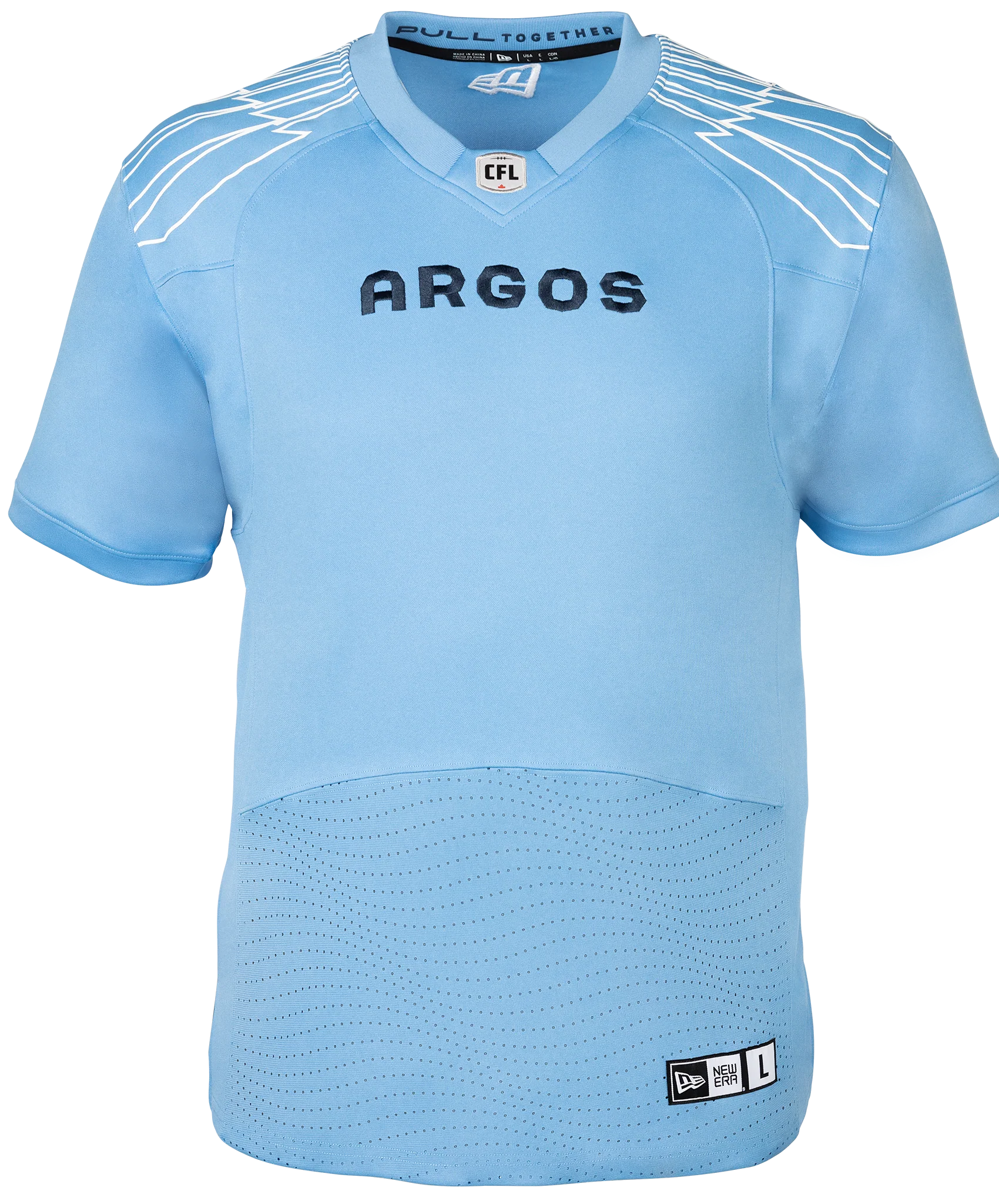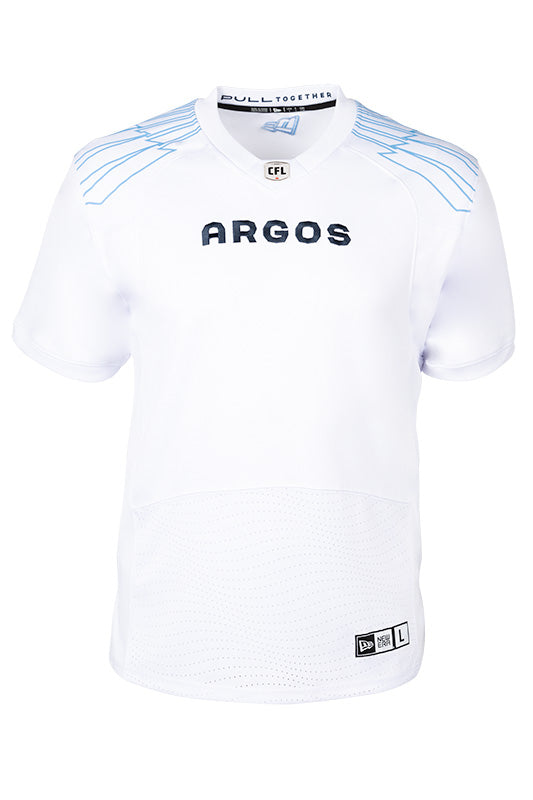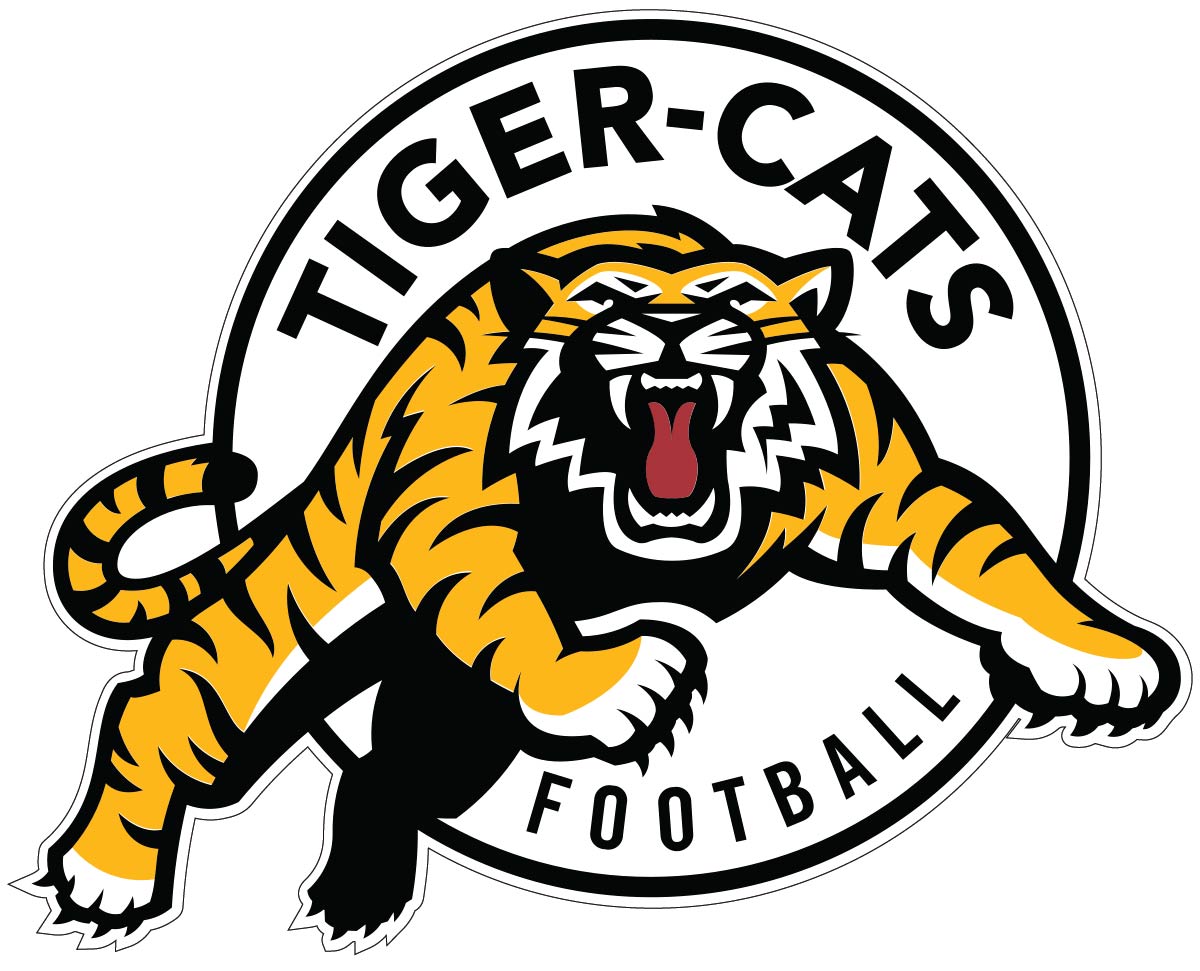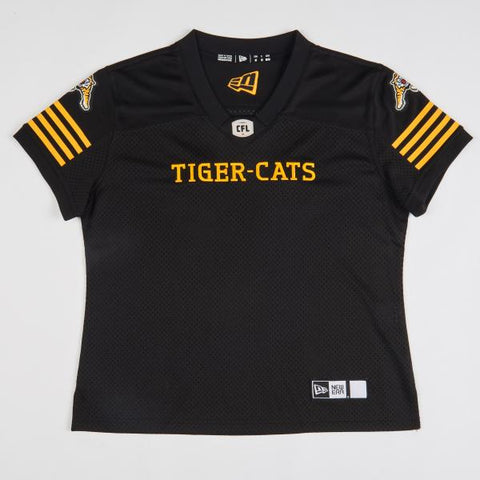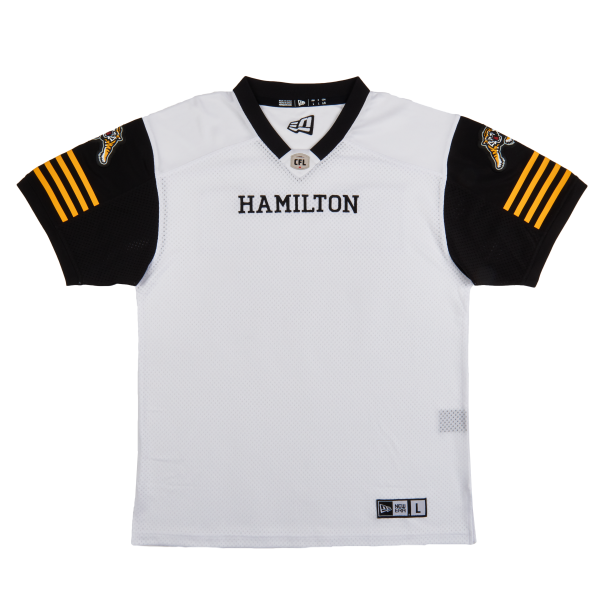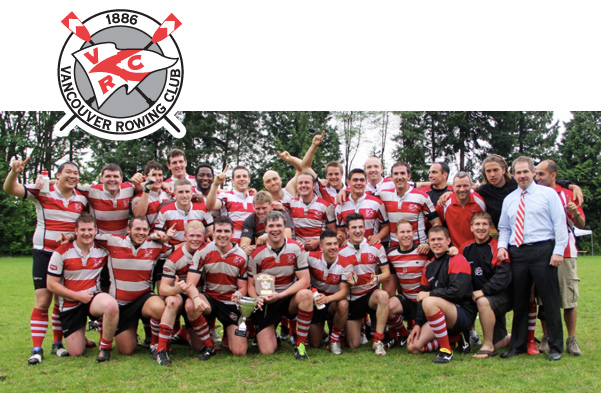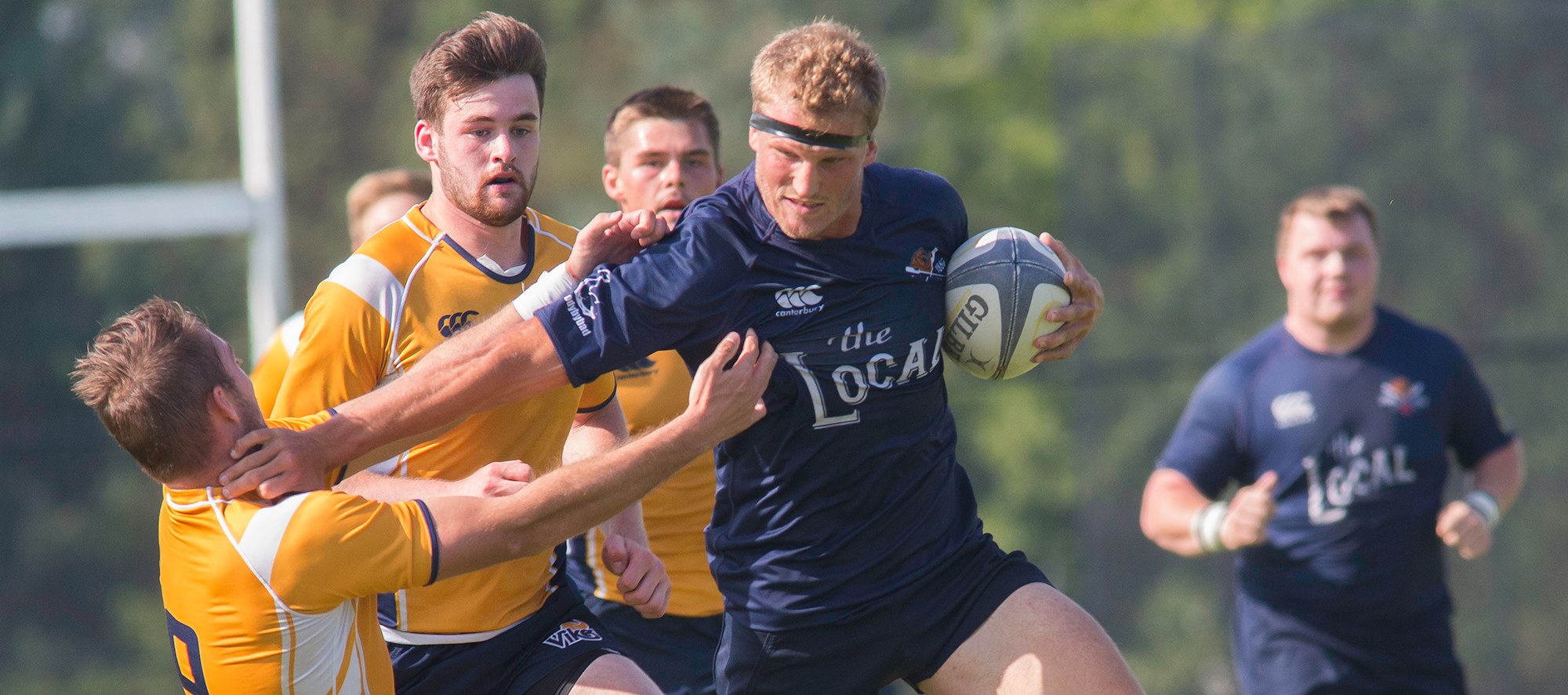So yeah, i wanna know if there is any interest for a TL where Rugby gets professionalised after the rugby board votes yes to pay players for injury time and missing work.
So far, i already got a champion list for the english premiership and the english national cup, as well as the clubs list of the 2023-2024 English pyramid, which i will share now. I'm still wondering what would the effects of no league-union split be across the globe.
English premiership
1895: Mannigham (1)
1896: Manningham (2)
1897: Oldham (1)
1888: Leicester (1)
1889: Leicester (2)
1900: Leicester (3)
1901: Leicester (4)
1902: Leicester (5)
1903: Leicester (6)
1904: Salford (1)
1905: Oldham (2)
1906: Gloucester (1)
1907: Halifax (1)
1908: Leicester (7)
1909: Wigan (1)
1910: Oldham (3)
1911: Wigan (2)
1912: Huddersfield (1)
1913: Leicester (8)
1914: Salford (2)
1915: Huddersfield (2)
1916: Leeds (1)
1917: Leeds (2)
1918: Northampton (1)
1919: Warrington (1)
1920: Hull FC (1)
1921: Hull FC (2)
1922: Wigan (3)
1923: Northampton (2)
1924: Wigan (4)
1925: Hull Kingston Rovers (1)
1926: Wigan (5)
1927: Harlequins (1)
1928: Harlequins (2)
1929: Huddersfield (3)
1930: Huddersfield (4)
1931: Wasps (1)
1932: St. Helens (1)
1933: Wasps (2)
1934: Salford (3)
1935: Harlequins (3)
1936: Hull FC (3)
1937: Salford (4)
1938: Wasps (3)
1939: Salford (5)
1946: Wigan (6)
1947: Wigan (7)
1948: Wasps (5)
1949: Huddersfield (5)
1950: wigan (8)
1951: northampton (3)
1952: Wasps (6)
1953: St. Helens (2)
1954: Warrington (2)
1955: Warrington (3)
1956: Northampton (4)
1957: Northampton (5)
1958: Hull FC (4)
1959: St. Helens (3)
1960: Wigan (9)
1961: Leeds (3)
1962: Huddersfield (6)
1963: Northampton (6)
1964: Leicester (9)
1965: St. Helens (4)
1966: Bristol (1)
1967: Leicester (10)
1968: Harlequins (4)
1969: Leeds (4)
1970: St. Helens (5)
1971: St. Helens (6)
1972: Leeds (5)
1973: Bristol (2)
1974: Bristol (3)
PLAYOFFS ERA
1975: St. Helens (7)
1976: Salford (6)
1977: Saracens (1)
1978: Halrequins (5)
1979: Leicester (11)
1980: Leicester (12)
1981: Saracens (2)
1982: Hull FC (5)
1983: Hull FC (6)
1984: Hull Kingston Rovers (2)
1985: Wasps (7)
1986: Bath (1)
1987: wigan (10)
1988: Widnes (1)
1989: Widnes (2)
1990: Wasps (8)
1991: Bath (2)
1992: Bath (3)
1993: Wigan (11)
1994: Wigan (12)
1995: Leicester (13)
1996: Wigan (13)
1997: St. Helens (8)
1998: Newcastle (1)
1999: St. Helens (9)
2000: Leicester (14)
2001: Leicester (15)
2002: Gloucester (2)
2003: Wasps (9)
2004: Wasps (10)
2005: Wasps (11)
2006: Sale Sharks (1)
2007: Leeds (6)
2008: Newcastle (2)
2009: London Irish (1)
2010: Newcastle (3)
2011: Leeds (7)
2012: Harlequins (6)
2013: Wigan (14)
2014: Northampton (7)
2015: Saracens (2)
2016: Saracens (3)
2017: Wigan (15)
2018: Saracens (4)
2019: Exeter (1)
2020: Exeter (2)
2021: Harlequins (7)
2022: St. Helens (10)
2023: Sale Sharks (2)
Leicester 15
Wigan 15
Wasps 11
St. Helens 10
Northampton 7
Harlequins 7
Leeds 7
Hull FC 6
Salford 6
Huddersfield 6
Bath 5
Saracens 4
Oldham 3
Exeter 2
Newcastle 3
Bristol 3
Challenge cup
1897: Leicester (1)
1898: Leicester (2)
1899: Oldham (1)
1900: Swinton (1)
1901: Leicester (3)
1902: Broughton Rangers (1)
1903: Halifax (1)
1904: Halifax (2)
1905: Warrington (1)
1906: Leicester (4)
1907: Warrington (2)
1908: Leicester (5)
1909: Wakefield Trinity (1)
1910: Leeds (1)
1911: Leicester (6)
1912: Dewsbury (1)
1913: Huddersfield (1)
1914: Hull FC (1)
1915: Huddersfield (2)
1920: Huddersfield (3)
1921: Northampton (1)
1922: Hull FC (2)
1923: Leeds (2)
1924: Wigan (1)
1925: Oldham (2)
1926: Swinton (1)
1927: Oldham (3)
1928: Harlequins (1)
1929: Wigan (2)
1930: Wasps (1)
1931: Halifax (3)
1932: Leeds (3)
1933: Huddersfield (4)
1934: Wasps (2)
1935: Castleford (1)
1936: Leeds (4)
1937: Wasps (3)
1938: Salford (1)
1939: Halifax (4)
1941: Leeds (5)
1942: Leeds (6)
1943: Northampton (2)
1944: Gloucester (1)
1945: Huddersfield (5)
1946: Wakefield Trinity (2)
1947: Bradford (1)
1948: Wigan (3)
1949: Northampton (3)
1950: Warrington (3)
1951: Wigan (4)
1952: Workington Town (1)
1953: Huddersfield (6)
1954: Warington (4)
1955: Northampton (4)
1956: St. Helens (1)
1957: Leeds (7)
1958: Wigan (5)
1959: Wigan (6)
1960: Wasps (4)
1961: St. Helens (2)
1962: Wasps (5)
1963: Wakefield Trinity (3)
1964: Northampton (5)
1965: Wigan (7)
1966: St. Helens (3)
1967: Leicester (7)
1968: Leeds (8)
1969: Castleford (2)
1970: Castleford (3)
1971: Saracens (1)
1972: Gloucester (2)
1973: Harlequins (2)
1974: Warrington (5)
1975: Saracens (2)
1976: Newcastle (1)
1977: Newcastle (2)
1978: Gloucester (3)
1979: Leicester (8)
1980: Leicester (9)
1981: Leicester (10)
1982: Hull FC (3)
1983: Harlequins (3)
1984: Bath (1)
1985: Bath (2)
1986: Bath (3)
1987: Bath (4)
1988: Wigan (8)
1989: Wigan (9)
1990: Wigan (10)
1991: Northampton (6)
1992: Harlequins (4)
1993: Leicester (11)
1994: Wigan (11)
1995: Bath (5)
1996: St Helens (4)
1997: Leicester (12)
1998: Saracens (3)
1999: Wasps (6)
2000: Wasps (7)
2001: Newcastle (3)
2002: London Irish (1)
2003: Gloucester (4)
2004: Newcastle (4)
2005: Leeds (9)
2006: Wasps (8)
2007: Leicester (13)
2008: St. Helens (5)
2009: Warrington (6)
2010: Northampton (7)
2011: Wigan (12)
2012: Leicester (14)
2013: Wigan (13)
2014: Exeter (1)
2015: Exeter (2)
2016: Hull FC (4)
2017: Wigan (14)
2018: Exeter (3)
2019: Warrington (7)
2020: Leeds (10)
2021: Worcester (1)
2022: Warrington (8)
2023: Saracens (4)
English Rugby Pyramid 2023-2024
English Premiership
Sale Sharks
London Irish
Saracens
Harlequins
Wasps
Leicester Tigers
Northampton Saints
Wigan Warriors
Leeds Rhinos
St. Helens
Exeter Chiefs
Gloucester Rugby
Bath Rugby
Salford Red Devils
Huddersfield Giants
Hull Kingston Rovers
English division 2
Newcastle Falcons
Bristol Rugby
Blackheath
Castleford Tigers
Hull FC
Leigh
Wakefield Trinity
Leeds Tykes
Oldham
London Welsh
Warrington
Worcester
3rd division
Marlborough
Bedford Blues
London Scottish
Workington Town
Bradford Bulls
Widnes
Sheffield
Halifax
Fulham RFC
Ealing
Doncaster
Jersey reds
Nottingham
Roterham
4th division
Cornish
Featherstone
Swinton
Hunslet
Richmond
Coventry
Cambridge
Macclesfield
Old albanians
Blaydon
Plymouth
Birmingham Moseley
So far, i already got a champion list for the english premiership and the english national cup, as well as the clubs list of the 2023-2024 English pyramid, which i will share now. I'm still wondering what would the effects of no league-union split be across the globe.
English premiership
1895: Mannigham (1)
1896: Manningham (2)
1897: Oldham (1)
1888: Leicester (1)
1889: Leicester (2)
1900: Leicester (3)
1901: Leicester (4)
1902: Leicester (5)
1903: Leicester (6)
1904: Salford (1)
1905: Oldham (2)
1906: Gloucester (1)
1907: Halifax (1)
1908: Leicester (7)
1909: Wigan (1)
1910: Oldham (3)
1911: Wigan (2)
1912: Huddersfield (1)
1913: Leicester (8)
1914: Salford (2)
1915: Huddersfield (2)
1916: Leeds (1)
1917: Leeds (2)
1918: Northampton (1)
1919: Warrington (1)
1920: Hull FC (1)
1921: Hull FC (2)
1922: Wigan (3)
1923: Northampton (2)
1924: Wigan (4)
1925: Hull Kingston Rovers (1)
1926: Wigan (5)
1927: Harlequins (1)
1928: Harlequins (2)
1929: Huddersfield (3)
1930: Huddersfield (4)
1931: Wasps (1)
1932: St. Helens (1)
1933: Wasps (2)
1934: Salford (3)
1935: Harlequins (3)
1936: Hull FC (3)
1937: Salford (4)
1938: Wasps (3)
1939: Salford (5)
1946: Wigan (6)
1947: Wigan (7)
1948: Wasps (5)
1949: Huddersfield (5)
1950: wigan (8)
1951: northampton (3)
1952: Wasps (6)
1953: St. Helens (2)
1954: Warrington (2)
1955: Warrington (3)
1956: Northampton (4)
1957: Northampton (5)
1958: Hull FC (4)
1959: St. Helens (3)
1960: Wigan (9)
1961: Leeds (3)
1962: Huddersfield (6)
1963: Northampton (6)
1964: Leicester (9)
1965: St. Helens (4)
1966: Bristol (1)
1967: Leicester (10)
1968: Harlequins (4)
1969: Leeds (4)
1970: St. Helens (5)
1971: St. Helens (6)
1972: Leeds (5)
1973: Bristol (2)
1974: Bristol (3)
PLAYOFFS ERA
1975: St. Helens (7)
1976: Salford (6)
1977: Saracens (1)
1978: Halrequins (5)
1979: Leicester (11)
1980: Leicester (12)
1981: Saracens (2)
1982: Hull FC (5)
1983: Hull FC (6)
1984: Hull Kingston Rovers (2)
1985: Wasps (7)
1986: Bath (1)
1987: wigan (10)
1988: Widnes (1)
1989: Widnes (2)
1990: Wasps (8)
1991: Bath (2)
1992: Bath (3)
1993: Wigan (11)
1994: Wigan (12)
1995: Leicester (13)
1996: Wigan (13)
1997: St. Helens (8)
1998: Newcastle (1)
1999: St. Helens (9)
2000: Leicester (14)
2001: Leicester (15)
2002: Gloucester (2)
2003: Wasps (9)
2004: Wasps (10)
2005: Wasps (11)
2006: Sale Sharks (1)
2007: Leeds (6)
2008: Newcastle (2)
2009: London Irish (1)
2010: Newcastle (3)
2011: Leeds (7)
2012: Harlequins (6)
2013: Wigan (14)
2014: Northampton (7)
2015: Saracens (2)
2016: Saracens (3)
2017: Wigan (15)
2018: Saracens (4)
2019: Exeter (1)
2020: Exeter (2)
2021: Harlequins (7)
2022: St. Helens (10)
2023: Sale Sharks (2)
Leicester 15
Wigan 15
Wasps 11
St. Helens 10
Northampton 7
Harlequins 7
Leeds 7
Hull FC 6
Salford 6
Huddersfield 6
Bath 5
Saracens 4
Oldham 3
Exeter 2
Newcastle 3
Bristol 3
Challenge cup
1897: Leicester (1)
1898: Leicester (2)
1899: Oldham (1)
1900: Swinton (1)
1901: Leicester (3)
1902: Broughton Rangers (1)
1903: Halifax (1)
1904: Halifax (2)
1905: Warrington (1)
1906: Leicester (4)
1907: Warrington (2)
1908: Leicester (5)
1909: Wakefield Trinity (1)
1910: Leeds (1)
1911: Leicester (6)
1912: Dewsbury (1)
1913: Huddersfield (1)
1914: Hull FC (1)
1915: Huddersfield (2)
1920: Huddersfield (3)
1921: Northampton (1)
1922: Hull FC (2)
1923: Leeds (2)
1924: Wigan (1)
1925: Oldham (2)
1926: Swinton (1)
1927: Oldham (3)
1928: Harlequins (1)
1929: Wigan (2)
1930: Wasps (1)
1931: Halifax (3)
1932: Leeds (3)
1933: Huddersfield (4)
1934: Wasps (2)
1935: Castleford (1)
1936: Leeds (4)
1937: Wasps (3)
1938: Salford (1)
1939: Halifax (4)
1941: Leeds (5)
1942: Leeds (6)
1943: Northampton (2)
1944: Gloucester (1)
1945: Huddersfield (5)
1946: Wakefield Trinity (2)
1947: Bradford (1)
1948: Wigan (3)
1949: Northampton (3)
1950: Warrington (3)
1951: Wigan (4)
1952: Workington Town (1)
1953: Huddersfield (6)
1954: Warington (4)
1955: Northampton (4)
1956: St. Helens (1)
1957: Leeds (7)
1958: Wigan (5)
1959: Wigan (6)
1960: Wasps (4)
1961: St. Helens (2)
1962: Wasps (5)
1963: Wakefield Trinity (3)
1964: Northampton (5)
1965: Wigan (7)
1966: St. Helens (3)
1967: Leicester (7)
1968: Leeds (8)
1969: Castleford (2)
1970: Castleford (3)
1971: Saracens (1)
1972: Gloucester (2)
1973: Harlequins (2)
1974: Warrington (5)
1975: Saracens (2)
1976: Newcastle (1)
1977: Newcastle (2)
1978: Gloucester (3)
1979: Leicester (8)
1980: Leicester (9)
1981: Leicester (10)
1982: Hull FC (3)
1983: Harlequins (3)
1984: Bath (1)
1985: Bath (2)
1986: Bath (3)
1987: Bath (4)
1988: Wigan (8)
1989: Wigan (9)
1990: Wigan (10)
1991: Northampton (6)
1992: Harlequins (4)
1993: Leicester (11)
1994: Wigan (11)
1995: Bath (5)
1996: St Helens (4)
1997: Leicester (12)
1998: Saracens (3)
1999: Wasps (6)
2000: Wasps (7)
2001: Newcastle (3)
2002: London Irish (1)
2003: Gloucester (4)
2004: Newcastle (4)
2005: Leeds (9)
2006: Wasps (8)
2007: Leicester (13)
2008: St. Helens (5)
2009: Warrington (6)
2010: Northampton (7)
2011: Wigan (12)
2012: Leicester (14)
2013: Wigan (13)
2014: Exeter (1)
2015: Exeter (2)
2016: Hull FC (4)
2017: Wigan (14)
2018: Exeter (3)
2019: Warrington (7)
2020: Leeds (10)
2021: Worcester (1)
2022: Warrington (8)
2023: Saracens (4)
English Rugby Pyramid 2023-2024
English Premiership
Sale Sharks
London Irish
Saracens
Harlequins
Wasps
Leicester Tigers
Northampton Saints
Wigan Warriors
Leeds Rhinos
St. Helens
Exeter Chiefs
Gloucester Rugby
Bath Rugby
Salford Red Devils
Huddersfield Giants
Hull Kingston Rovers
English division 2
Newcastle Falcons
Bristol Rugby
Blackheath
Castleford Tigers
Hull FC
Leigh
Wakefield Trinity
Leeds Tykes
Oldham
London Welsh
Warrington
Worcester
3rd division
Marlborough
Bedford Blues
London Scottish
Workington Town
Bradford Bulls
Widnes
Sheffield
Halifax
Fulham RFC
Ealing
Doncaster
Jersey reds
Nottingham
Roterham
4th division
Cornish
Featherstone
Swinton
Hunslet
Richmond
Coventry
Cambridge
Macclesfield
Old albanians
Blaydon
Plymouth
Birmingham Moseley
Last edited:
